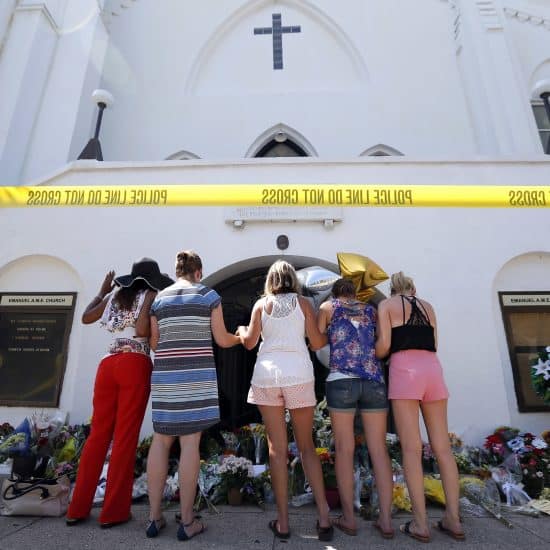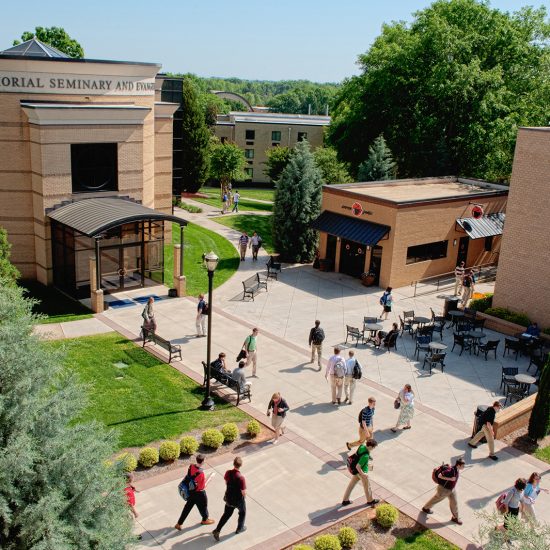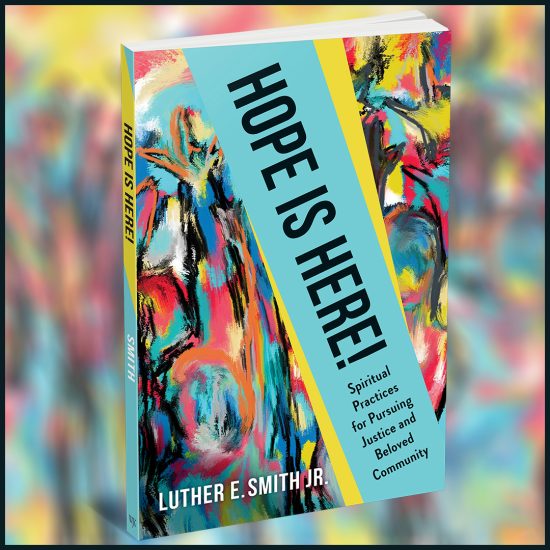Earlier this month, I had the opportunity to speak on a forum about racism and media bias held by Simmons College of Kentucky, a historically black Baptist school in Louisville. The Aug. 7 forum focused on issues of how mainstream, religious, and black media cover stories — or don’t cover them. In an age when people unfortunately decry any news they don’t like — even if it’s accurate — as “fake news,” it is important to recognize that there are, in fact, problems with media bias. But biases in the media generally play out differently than how the popular discussions handle the topic.

Brian Kaylor
The forum included another Baptist editor, Andrew Baskin of the American Baptist, a black Baptist newspaper started in 1879 that is the media outlet of the General Association of Baptists in Kentucky, a black Baptist state convention affiliated with the National Baptist Convention of America. Other panelists included Yvonne Coleman Bach of the Louisville Defender, Brad Harrison of Urban Voices Radio in Louisville, and Bennie Ivory who was the first African American to serve as the executive editor of the Louisville Courier-Journal (after also leading newspapers in Delaware and Mississippi and helping create USA Today). It was an honor to join these voices for this important discussion, which you can watch in its entirety online.
One point I made that I want to emphasize is this: We must be willing to call a thing a thing. Thus, I argued that “one of the things we have to think about carefully is the language,” because words matter. Too often, media in the name of being “objective” and “unbiased” will refuse to use labels like “racist.” But if something is, in fact, racist, it is instead biased not to call it racist.
“This is one of the biggest problems that actually we have right now in the mainstream media,” I added. “They are scared of using the ‘r’-word. They are scared to call something racist.”

Image by Firentis from Pixabay
I mentioned examples of euphemisms used by prominent media outlets to describe racist remarks without calling the remarks racist. Phrases like “racially tinged” or — what I found to be the oddest — “racially charged drumbeat.” Yet, these inaccurate phrases continue even though the Associated Press in March changed its stylebook, which is the standard many media outlets follow, to allow the use of the term “racist” and discouraged the use of euphemisms like “racially charged.”
“They want to say they are objective; they want to say they are unbiased,” I said about media outlets using such euphemisms. “But if you won’t call racism racism, that’s not objective.”
As Christians, we are to be people of the Truth. We are to people who speak truthfully, who bear truthful witness about neighbors. And part of that requires us to be willing to call a thing a thing, to call racism racism. Sometimes that means we must speak the truth that others don’t want to admit, like Jeremiah did when he called out the court prophets who told the ruler only what he wanted to hear in Jeremiah 6:14:
“They dress the wound of my people as though it were not serious,” Jeremiah quoted God declaring. “‘Peace, peace,’ they say, when there is no peace.”
No one like to hear that they said something racist, just as we know the ruler and court prophets did not like Jeremiah’s truthful declaration. But people will not be able to repent and change until they know they have sinned.
We will not be able to improve our society and reduce the racist remarks and policies unless we are able to honestly declare that racism is, in fact, racism. When our media outlets try to whitewash that reality, we must call them out. And we must set the example by be willing to name the sins in our society. To do otherwise is to condone, by our silence, that which we must not condone.
Brian Kaylor is editor and president of Word&Way.






